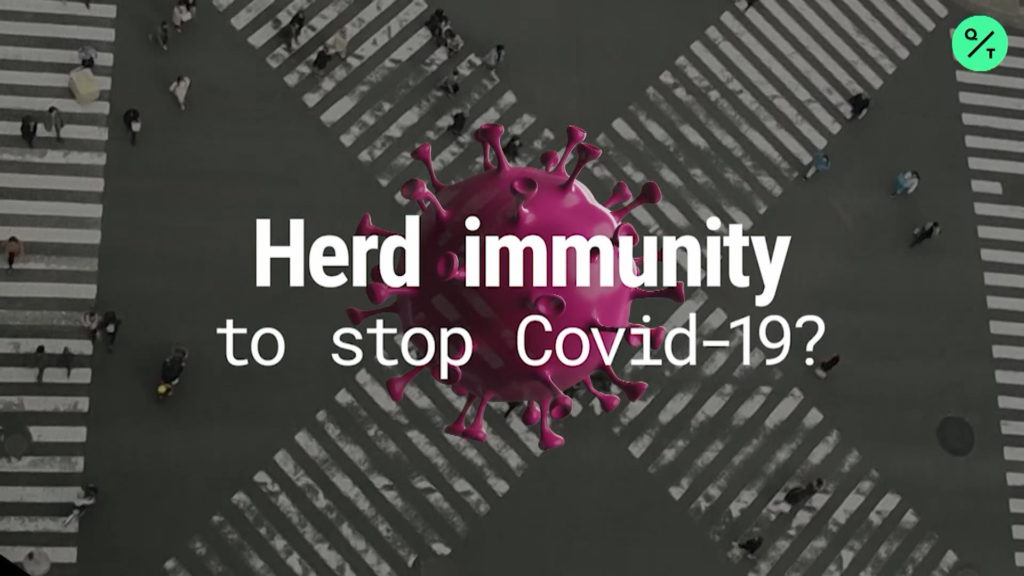Se você precisar de um médico gastroenterologista, ou de um ginecologista quando em férias em outro país, ou em um intercâmbio, você sabe como se referir à estes profissionais em inglês?
E sabe como pedir por um atendimento?
Iniciemos pelos médicos especialistas (clique sobre a palavra para ouvir a pronúncia):

Anesthesiologist Anestesista
Cardiologist Cardiologista
Dermatologist Dermatologista
Ear-nose-and-throat specialist (ENT) Otorrinolaringologista
Gastroenterologist Gastroenterologista
Gynecologist Ginecologista
Hematologist Hematologista
Nephrologist Nefrologista
Neurologist Neurologista
Nutritionist Nutricionista
Obstetrician Obstetra

Oncologist Oncologista
Ophthalmologist Oftalmologista
Orthopedic specialist Ortopedista
Pathologist Patologista
Pediatrician Pedriatra
Podiatrist Podólogo
Psychiatrist Psiquiatra
Psychologist Psicólogo
Pulmonologist Pneumologista
Rheumatologist Reumatologista
Surgeon Cirurgião
Urologist Urologista
Algumas sentenças importantes, são:
I need to see a cardiologist. Eu preciso ir a/consultar um cardiologista.
I need an appointment with a dermatologist. Eu preciso de uma consulta com um dermatologista.
I must take my daughter to the pediatrician. Eu preciso levar minha filha ao pediatra.
Algum médico especialista não está nesta lista? Então que tal buscar saber como chamá-lo? É com você! 😉






